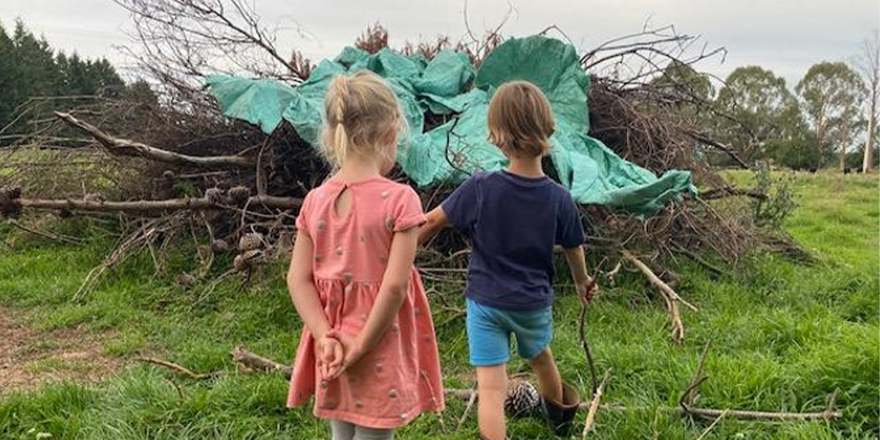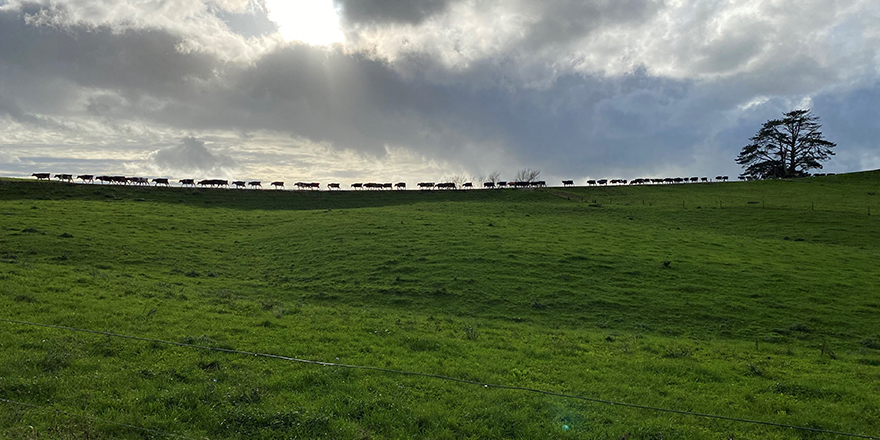
Executive Summary
Disruptive technology is all around us and changing how we work. Jobs are being replaced by robots and artificial intelligence, which is changing the set of skills we require in the work place, and new skills are being demanded of us before we can even train in them. This idea is explored further in this report, looking at how the world of work is changing, some of the key drivers behind this and new learning technologies that may help to decrease this widening divide between formal education and labour market needs. Technologies investigated include Massive Open Online Courses (MOOCs), microcredentials, blended learning, virtual reality, artificial intelligence and the ‘learning in the flow of work’ concept. It was concluded that all technologies researched will have a place in the future of learning in some shape or form and are all very complimentary of one another.
These new technologies were then considered in the context of Farmlands Co-operative Society, which is an organisation in New Zealand that supplies agricultural products and technical advice to farmers. A survey of Farmlands employees was completed with the aim of gaining insight into their perceptions of learning and development and how it could be changed to benefit the success and enjoyment of their role and future roles at Farmlands. The findings of this survey, in combination with learnings from Ravensdown, who were used as a case study, were used to formulate recommendations for Farmlands Co-operative Society to consider in the future when designing learning framework and delivering technical training across the business to ensure that employees feel well supported in their roles and to ensure they are prepared for the what the future of work has instore.
A key finding of this research was that retail store staff are most in need of more technical training as a priority group and that, more generally, all employees require access to more training and development opportunities after their first year in their role to ensure engagement and continued role satisfaction. It was also concluded that technical training opportunities need to be more visible to employees so they can take control of their own learning and so everyone feels they have the same opportunities to upskill, which would be further supported by continuing to encourage a learning culture within the organisation. Another key recommendation was to incorporate blended learning into technical training programs and to use forum functionalities in the learning management system to encourage collaboration amongst trainees. It was also recommended to utilise MOOCs where relevant and investigate further how virtual reality and artificial intelligence could be used in the future for technical training as both technologies have potential to take learning to a new level.
Download and read the full report here




